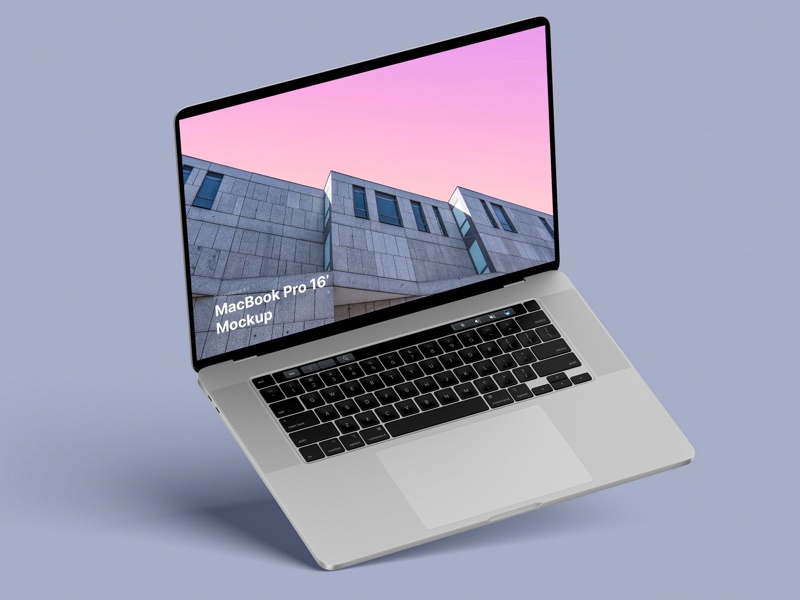In article <NUcOh.18588$>,
"KatWoman" wrote:
I have never tried compressing my TIFF’s as I was not sure about it the Mac-Win option does not seem to matter either, both open just fine on either box?
The "Mac/Windows" option is misleadingly named. It should be named "Intel-type CPU" and "all other CPUs"…and even that does not really matter.
The "Mac/Windows" option sets the byte order for the file. Intel processors read data in what is called "little-endian" format; for every group of bytes, the least significant byte comes first, then the most significant byte.
By way of analogy, think about what would happen if you took years and swapped each pair of numbers, so that you would say "9214" instead of 1492." Or if you wrote a check for a thousand dollars by writing "$0010" instead of "$1000."
That is the way Intel processors read data, because for various engineering reasons it made designing the first 16-bit processors to be backward compatible with the ancient 8=bit 8080 processor easier.
A picture to a computer is nothing but a long string of numbers. When you choose "Windows" in your TIFF dialog, the computer swaps around every pair of numbers with the pair of numbers next to it when it saves. So if your picture is represented by the numbers
1056720132456699
then choosing "Windows" in the TIFF dialog will cause your computer to write
5610017245329966
to the disk.
Any reasonably intelligent program should be able to read a TIFF written either way.
—
Photography, kink, polyamory, shareware, and more: all at
http://www.xeromag.com/franklin.html 
